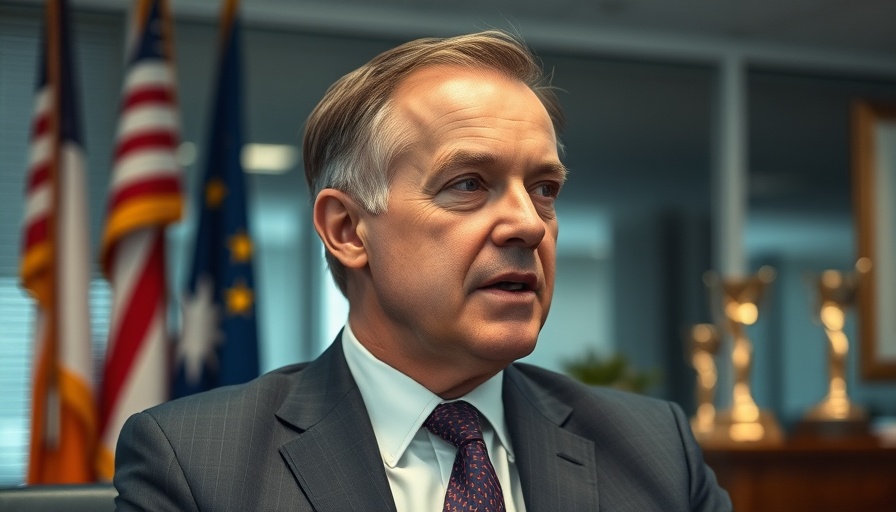
Human Smuggling Case Stirs Controversy
Kilmar Abrego Garcia, a Maryland construction worker, finds himself at the center of a legal battle that raises questions about the motives of U.S. immigration policies. Charges of human smuggling against him have been labeled ‘preposterous’ by his legal team, with claims that the prosecution is merely an attempt to retaliate against him for previously challenging his deportation to El Salvador.
The Background of the Legal Struggle
The context surrounding Abrego Garcia’s situation began during a traffic stop in Tennessee in 2022 when police suspected he was involved in human smuggling after noticing nine passengers in his vehicle. He was allowed to continue driving, yet nearly three years later, federal charges were brought against him, prompting his attorneys to argue that the prosecution is selective and vindictive.
Trump Administration’s Shadow Over the Case
Abrego Garcia’s plight has gained notoriety amid broader discussions regarding the Trump administration's immigration policies. After being wrongfully expelled to El Salvador, where he faced potential gang violence, he was returned to the U.S. following a Supreme Court order. His legal representatives contend that the charges against him were brought in the wake of public criticisms directed by senior officials and the former president himself, making the case seem more like a vendetta than a legitimate prosecution.
Public Perception and Advocacy
Advocacy groups have rallied in support of Abrego Garcia, highlighting how his situation symbolizes the struggles many immigrants face within the U.S. legal system. Demonstrations have taken place outside federal courthouses, where supporters argue that those like Abrego Garcia are often scapegoated in a politically charged climate, further complicating an already fraught immigration landscape.
The Legal Arguments for Dismissal
In their motion, Abrego Garcia’s attorneys argue that the case against him should be dismissed based on the grounds of vindictive prosecution. They assert that the extraordinary public attacks from government officials indicate a clear motive to silence him for challenging his deportation. While historically, motions for dismissal based on such arguments are rare, the unique circumstances of this case may provide grounds for reconsideration.
Future Implications of the Case
The outcome of this case may have larger implications for the legalities surrounding immigration enforcement in the United States. If the court grants a hearing on the government’s motives, it may set a precedent for future cases where similar claims of selective prosecution arise. Moreover, as public opinion continues to evolve in response to immigration issues, how this case is resolved could influence upcoming legislative debates on immigration reform.
What Lies Ahead for Abrego Garcia
As the legal proceedings unfold, Abrego Garcia’s situation serves as a critical lens through which we can examine the intersection of immigration policies and the justice system. His attorneys are demanding accountability, not just for their client, but for an immigration framework that many believe needs reform. The next steps in this legal battle could impact not only Abrego Garcia's future but also how similar cases are approached by the courts in a changing political climate.
For individuals concerned about immigration rights and justice, staying informed on cases like Kilmar Abrego Garcia's becomes crucial as they navigate their own experiences within the system.
 Add Element
Add Element  Add Row
Add Row 



Write A Comment